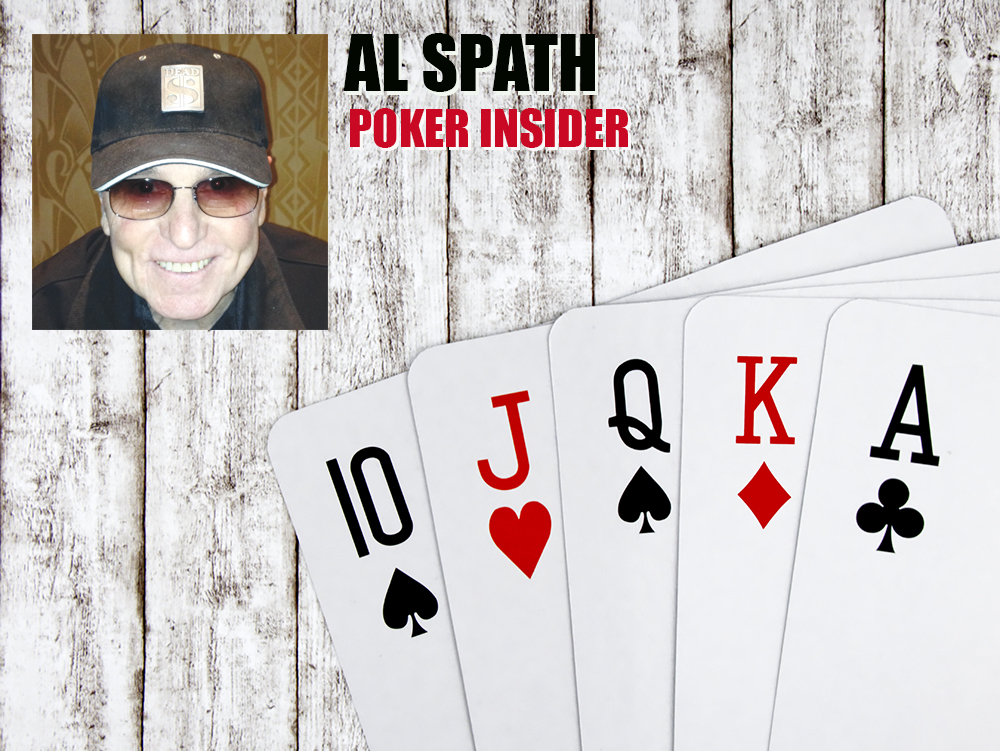We here at Ante Up often get readers, who only play for fun online or have just played tournaments in free leagues, asking for brick-and-mortar advice. They’ve never experienced playing live cash-game poker in a casino or cardroom, so this article kicks off a three-part series on playing live for the first time.
When entering a poker room, you must find the front desk or podium to see if there are any open seats in your preferred cash game, if not they’ll put your name on the waiting list.
Once a seat opens, chips usually can be purchased from the cashier or from the dealer at your table. Some smaller rooms might sell you chips at the podium.
If you buy chips at the table, put your money on the table in front of you where the dealer can reach it.
Your chips should remain in front of you and near the rail of the table, though they can be slightly to the side so you can look at your cards.
Players can request to change tables for various reasons: Their table is too tight, too loose, a bully might annoy them or they want to play at a table where maybe they know the styles of the players. Viewing sporting events while playing could be detrimental to your survival, so don’t move to watch TV.
BETTING: Cards are dealt and bets are made in clockwise order. Someone sitting at the table will have the dealer button in front of them indicating they’re the theoretical dealer for that hand.
Just like online poker, the two positions to the left of the button are the blinds that must post a pre-determined forced bet. The small blind is to the left of the button and the big blind is just left of the small blind.
TABLE STAKES: You may use only the chips on the table in front of you. Some casinos allow you to put paper money on the table, though most only allow $100 bills. You only can bet up to the amount of chips and cash you have on the table at the start of the hand. You can’t reach in your pocket for more money; that only happens on TV westerns.
Next time in Part II, I’ll discuss string bets, splashing the pot, protecting your cards and more. Part III will include actions such as calling time, cashing out and getting comps.
— Al Spath is the former Dean at Poker School Online and continues to teach poker online and live. His free YouTube Poker Channel (Al Spath) has hundreds of instructional videos to view. Al’s live broadcasts are on TwitchTV: follow (PositivePokerInsiders). Contact Al directly at alspath@alspath.com with questions coaching inquires.



